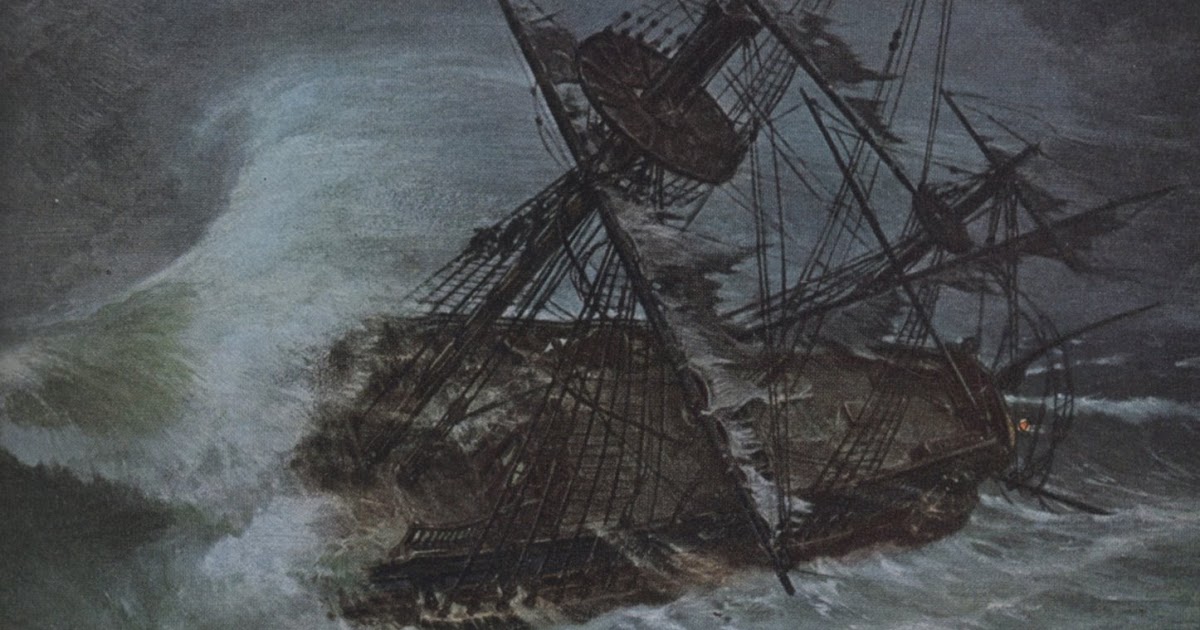
Labor leader Jimmy Hoffa is reported missing
On the morning of July 31, 1975, James Riddle Hoffa, one of the most influential American labor leaders of the 20th century, is officially reported missing after he failed to return home the previous night. Though he is popularly believed to have been the victim of a Mafia hit, conclusive evidence was never found and Hoffa’s fate remains a mystery.
Born in 1913 to a poor coal miner in Brazil, Indiana, Jimmy Hoffa proved a natural leader in his youth. At the age of 20, he helped organize a labor strike in Detroit, and remained an advocate for downtrodden workers for the rest of his life. Hoffa’s charisma and talents as a local organizer quickly got him noticed by the Teamsters and carried him upward through its ranks. Then a small but rapidly growing union, the Teamsters organized truckers across the country, and through the use of strikes, boycotts and some more powerful though less legal methods of protest, won contract demands on behalf of workers.
Hoffa became president of the Teamsters in 1957, when its former leader was imprisoned for bribery. As chief, Hoffa was lauded for his tireless work to expand the union, and for his unflagging devotion to even the organization’s least powerful members. His caring and approachability were captured in one of the more well-known quotes attributed to him: “You got a problem? Call me. Just pick up the phone.”
Hoffa’s dedication to the worker and his electrifying public speeches made him wildly popular, both among his fellow workers and the politicians and businessmen with whom he negotiated. Yet, for all the battles he fought and won on behalf of American drivers, he also had a dark side. In Hoffa’s time, many Teamster leaders partnered with the Mafia in racketeering, extortion and embezzlement. Hoffa himself had relationships with high-ranking mobsters, and was the target of several government investigations throughout the 1960s. In 1967, he was convicted of bribery and sentenced to 13 years in prison.
While in jail, Hoffa never ceded his office, and when Richard Nixon commuted his sentence in 1971, he was poised to make a comeback. Released on condition of not participating in union activities for 10 years, Hoffa was planning to fight the restriction in court when he disappeared on the afternoon of July 30, 1975, from the parking lot of a restaurant in Detroit, not far from where he got his start as a labor organizer. His family filed a missing persons report to the Bloomfield Township police the next day. Several conspiracy theories have been floated about Hoffa’s disappearance and the location of his remains, but the truth remains unknown.

SPACE EXPLORATION
1964
Ranger 7 photographs moon
Ranger 7, an unmanned U.S. lunar probe, takes the first close-up images of the moon—4,308 in total—before it impacts with the lunar surface northwest of the Sea of Clouds. The images were 1,000 times as clear as anything ever seen through earth-bound telescopes.

RELIGION
1556
Ignatius of Loyola, founder of the Jesuit order, dies
Ignatius of Loyola, founder of the Jesuit order of Roman Catholic missionaries and educators, dies in Rome. The Society of Jesus, as the Jesuit order is formally known, played an important role in the Counter-Reformation and eventually succeeded in converting millions around the world to Catholicism.

NATURAL DISASTERS & ENVIRONMENT
1715
Hurricane sinks Spanish treasure ships
A hurricane strikes the east coast of Florida, sinking 10 Spanish treasure ships and killing nearly 1,000 people, on July 31, 1715. All of the gold and silver onboard at the time would not be recovered until 250 years later.

AMERICAN REVOLUTION
1777
Marquis de Lafayette becomes a major-general without pay
On July 31, 1777, a 19-year-old French aristocrat, Marie-Joseph Paul Roch Yves Gilbert du Motier, Marquis de Lafayette, accepts a commission as a major-general in the Continental Army—without pay. During his service as the Continental Congress’ secret envoy to France.

WORLD WAR I
1917
Third Battle of Ypres begins in Flanders
On July 31, 1917, the Allies launch a renewed assault on German lines in the Flanders region of Belgium, in the much-contested region near Ypres, during World War I. The attack begins more than three months of brutal fighting, known as the Third Battle of Ypres.

WORLD WAR II
1941
Preparations for the Final Solution begin
On July 31, 1941, Hermann Göring, writing under instructions from Hitler, ordered Reinhard Heydrich, SS general and Heinrich Himmler’s number-two man, “to submit to me as soon as possible a general plan of the administrative material and financial measures necessary for carrying out the desired final solution of the Jewish question.”
TODAY IN NIGERIA HISTORY

1953 The First Nigerian Women's Congress held in Abeokuta

2014 Mr. Suleiman Abba was appointed as new Inspector _General of Police after retirements of Mr. Muhammed Dhiko by President Goodluck Ebele Jonathan.
Comments
Post a Comment